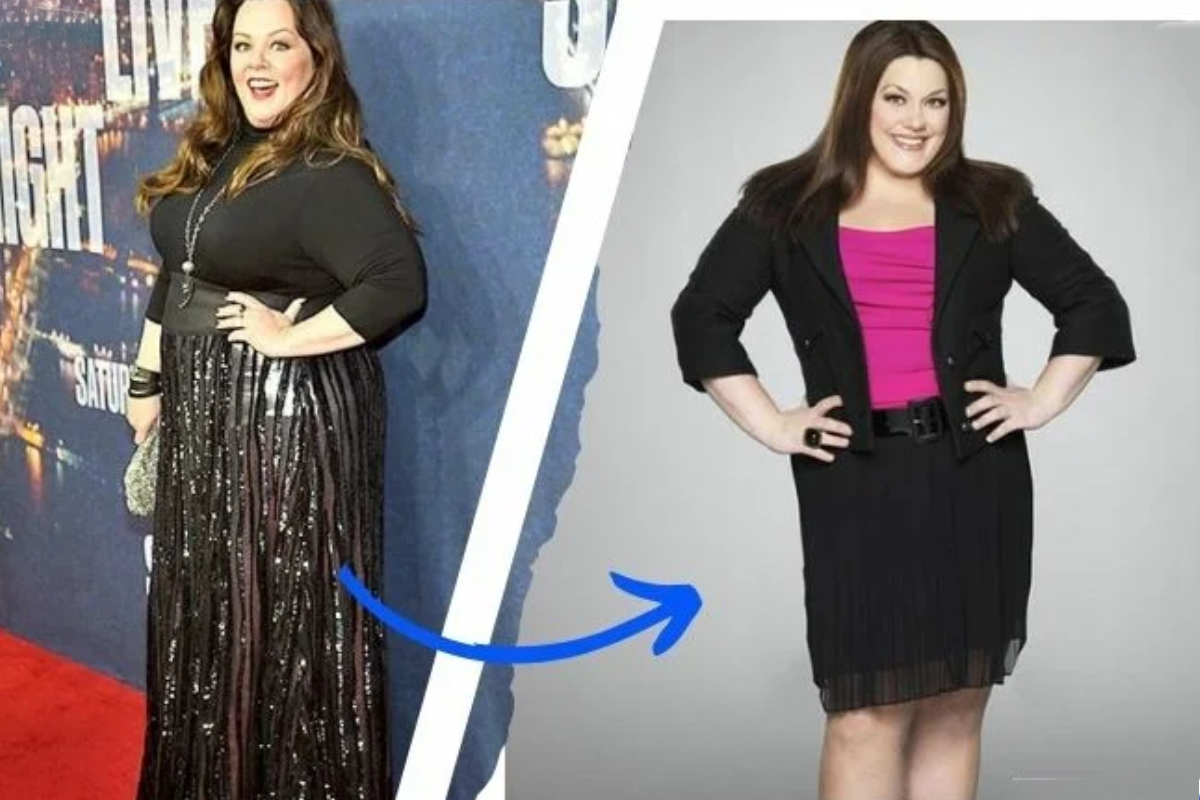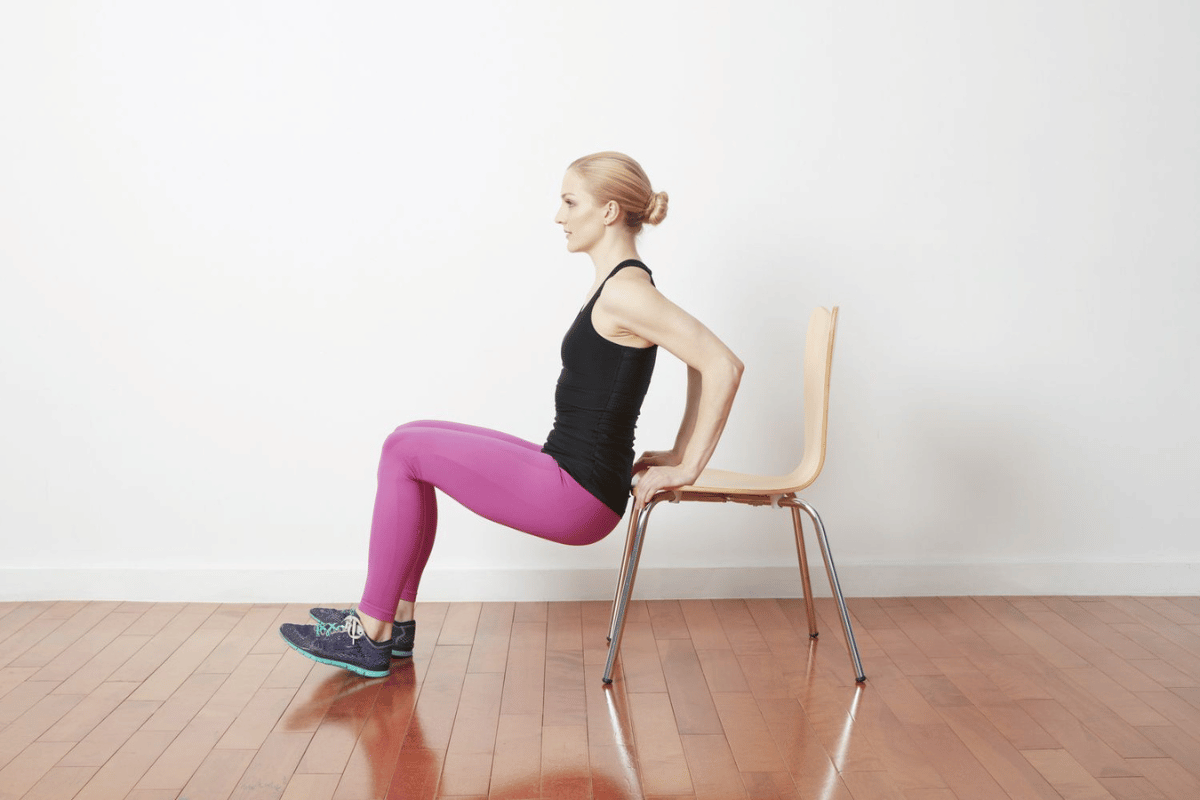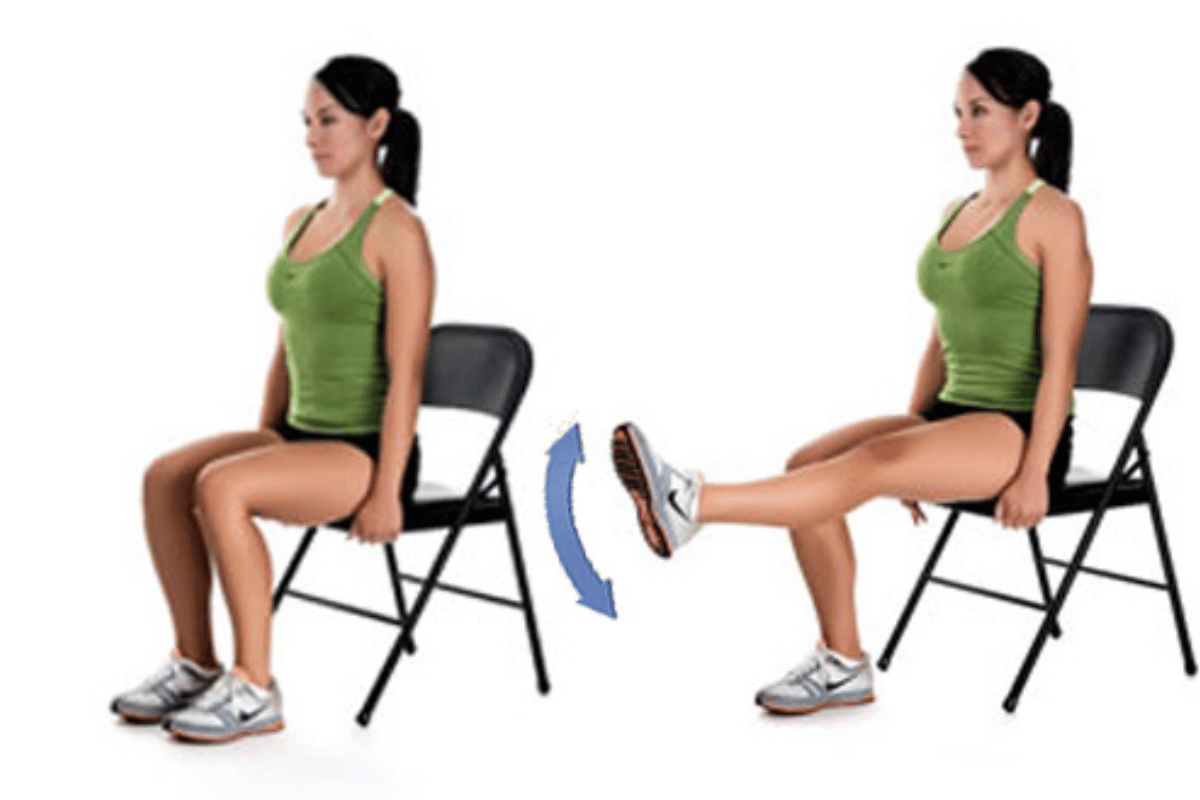Losing weight without exercising may sound impossible, but it’s entirely achievable with the right approach. The fastest way to lose weight without exercising doesn’t necessarily involve sweat-drenched workouts or hours at the gym. Instead, it focuses on making innovative lifestyle changes, particularly in your diet and daily habits. While exercise is vital to overall health, it is not the only factor when shedding pounds. In fact, for many people, exercise might not always be feasible due to time constraints, physical limitations, or personal preferences.
The key to successful weight loss without exercise is understanding the importance of consistent habits and sustainable lifestyle changes. Unlike quick fixes or fad diets, which may offer short-term results, sustainable weight loss is about creating lasting habits that can be maintained over time. By adopting healthy eating patterns, managing stress, prioritizing sleep, and increasing non-exercise activity, you can achieve and maintain weight loss without requiring rigorous exercise routines. In this article, we’ll explore how you can lose weight effectively through changes in diet, activity levels, and overall behavior, all without stepping into a gym.
the fastest way to lose weight without exercising
The Science Behind Weight Loss Without Exercise
Calories In vs. Calories Out
Whether or not you’re exercising, the fundamental principle behind weight loss is creating a calorie deficit—burning more calories than you consume. While exercise is a well-known way to burn calories, it’s not the only method. The fastest way to lose weight without exercising is to adjust your calorie intake to ensure you consume fewer calories than your body needs for maintenance. This can be done through mindful eating, portion control, and healthier food choices.
To create a calorie deficit without exercise, you can focus on reducing the calorie density of your meals, choosing lower-calorie, nutrient-dense foods, and reducing snacking. Reducing processed foods, sugars, and high-calorie snacks is a highly effective way to decrease your overall calorie intake. By controlling what and how much you eat, you can achieve a negative calorie balance and start losing weight, even without adding exercise to your routine.
The Role of Metabolism
Your metabolism—the rate at which your body burns calories—also plays a critical role in weight loss. While exercise can boost metabolism, other ways exist to increase your metabolic rate without physical activity naturally. For instance, the thermic effect of food (TEF) refers to the calories your body burns to digest, absorb, and process nutrients. Protein-rich foods increase TEF more than carbohydrates or fats, meaning eating a higher-protein diet can slightly boost your metabolism.
Additionally, getting enough sleep and reducing stress can significantly impact your metabolism. Poor sleep and high stress levels can disrupt hormonal balance, particularly hormones related to hunger and fat storage. To keep your metabolism running efficiently without exercise, focus on healthy eating, stress management, and quality sleep. By optimizing these factors, you can support your body’s natural ability to burn calories and lose weight, even without intense physical activity.

Critical Habits for Losing Weight Without Exercising
Diet and Nutrition
The cornerstone of losing weight without exercising is diet. Eating in a calorie deficit is essential, and several strategies can help you control your intake effectively. Start by focusing on nutrient-dense foods such as vegetables, fruits, lean proteins, and whole grains. These foods are naturally lower in calories and provide essential nutrients without overloading your body with excess calories. Reducing your intake of processed foods, sugary snacks, and refined carbohydrates can also make a big difference in your weight loss journey.
Portion control is another powerful tool. Even healthy foods can contribute to weight gain if consumed in large amounts. Practice mindful eating by paying attention to hunger cues and eating slowly to allow your body to register fullness. Using smaller plates or measuring portions can help prevent overeating and control your calorie intake.
Drinking water is another simple yet effective strategy. Sometimes, thirst is mistaken for hunger, leading to unnecessary snacking. Drinking a glass of water before meals can help you feel fuller and reduce overall calorie consumption. Additionally, staying hydrated supports your metabolism and digestion, further aiding in weight loss.
Sleep and Stress Management
Both sleep and stress are often overlooked but critical factors in weight management. Poor sleep and high stress levels can trigger hormonal imbalances that make it harder to lose weight. When you’re sleep-deprived, your body produces more of the hunger hormone ghrelin, which increases appetite, while lowering leptin levels, which signals fullness. This imbalance often leads to overeating, particularly cravings for high-calorie comfort foods.
Managing stress is equally important. Chronic stress leads to elevated hormone cortisol levels, which can promote fat storage, especially in the abdominal area. To manage stress effectively, incorporate relaxation techniques such as meditation, deep breathing, or yoga into your daily routine. Ensuring you get enough quality sleep (7-9 hours per night) and practicing stress management techniques can help reduce emotional eating and balance hormones, making it easier to lose weight without exercise.
Increasing Daily Activity (Non-Exercise)
Even if you’re not engaging in formal exercise, increasing your daily activity can significantly impact your weight loss efforts. Non-exercise physical activity, such as walking, standing, or doing household chores, can add up over the day to burn extra calories. These activities, known as NEAT (Non-Exercise Activity Thermogenesis), can be as crucial for weight loss as structured workouts.
Try incorporating more movement into your daily routine by taking the stairs instead of the elevator, walking during phone calls, or doing light stretching during TV time. Using a step counter or pedometer to track your steps can also motivate and help you stay active throughout the day. Minor adjustments like walking to the store instead of driving or doing some light house cleaning can collectively increase your daily calorie burn and support weight loss without exercise.

Mindful Eating and Behavior Changes
Eating Mindfully to Prevent Overeating
Mindful eating is a powerful tool for weight loss, focusing on being fully present during meals and paying attention to your body’s hunger and fullness cues. Unlike mindless eating, which often involves eating out of habit or while distracted, mindful eating encourages you to slow down and savor each bite. This practice helps you become more attuned to your body’s actual hunger signals, preventing overeating and emotional eating.
When you eat mindfully, you can more easily recognize when you’re full, preventing overeating and consuming unnecessary calories. One effective mindful eating technique is to eat slowly—it takes about 20 minutes for your brain to signal that you’re full, so by slowing down, you give your body time to process satiety cues. Another technique is to focus on hunger cues—ask yourself before eating whether you’re starving or if you’re eating out of boredom, stress, or habit. By tuning into your body’s signals and making conscious choices, you’ll likely eat less and feel more satisfied.
Behavioral Changes for Long-Term Success
Achieving long-term weight loss without exercise relies on the proper habits and changing your mindset and behavior patterns. Setting realistic goals is essential for success. Instead of aiming for drastic weight loss in a short period, focus on small, achievable milestones, such as losing 1-2 pounds per week. These small goals are not only more sustainable, but they also build momentum and keep you motivated.
Building healthy habits is another key to long-term success. Tracking progress, celebrating small wins, and maintaining consistency are essential to any weight loss journey. This could involve monitoring your meals, recording your weight, or noting how you feel physically and emotionally. Each time you hit a small goal, take a moment to celebrate your progress, which will reinforce your commitment and keep you on track.
The Power of Accountability
Staying accountable to your weight loss goals can significantly impact your success. Having someone to share your journey with, whether it’s a support group, a friend, or a family member, can provide the motivation and encouragement needed to stay on track. Accountability partners can check your progress, offer advice, and help you stay focused when things get tough.
In addition to accountability partners, using tools like journaling or tracking apps can be beneficial for keeping track of your eating habits and progress. Writing down what you eat or using a weight loss app can provide insights into your habits, helping you identify patterns and areas for improvement. These tools also make it easier to see how far you’ve come, which can be motivating as you work toward your weight loss goals. Whether you prefer pen and paper or a digital tracker, having a system in place can help keep you accountable and more mindful of your choices.
Incorporating mindful eating and behavioral changes into your daily routine is a game-changer when losing weight without exercise. By focusing on conscious eating, setting achievable goals, and leveraging accountability, you can create sustainable habits that support your weight loss journey.

Potential Pitfalls and How to Avoid Them
Avoiding Crash Diets and Extreme Measures
One of the biggest challenges in weight loss, particularly when trying to lose weight without exercise, is the temptation of crash diets and extreme measures that promise quick results. While these diets may lead to rapid weight loss in the short term, they are not sustainable and can lead to nutrient deficiencies, muscle loss, and a slowed metabolism. Additionally, most people who follow crash diets end up gaining back the weight once they return to regular eating habits, often referred to as the “yo-yo effect.”
To avoid these pitfalls, it’s essential to focus on sustainable habits that promote gradual weight loss. Rather than cutting out entire food groups or drastically reducing your calorie intake, aim to make small, consistent changes to your diet. Choose whole foods, prioritize nutrient-dense meals, and avoid the temptation of drastic calorie restriction. Long-term weight loss is best achieved through a balanced approach that emphasizes quality over quantity and promotes health, not just appearance.
Maintaining Balance
While it’s important to stay focused on your weight loss goals, it’s equally essential to maintain balance and ensure that your approach to losing weight doesn’t negatively affect your overall well-being. Being too restrictive with food or obsessing over every calorie can lead to stress, anxiety, and even disordered eating patterns. Weight loss should never come at the cost of your mental or emotional health.
Avoid falling into the trap of “diet culture,” which often promotes unrealistic expectations and encourages unhealthy relationships with food. Instead, embrace a healthy, realistic approach prioritizing balanced eating, self-care, and a positive mindset. Recognize that weight loss is just one aspect of your overall health journey, and it’s essential to focus on nourishing your body and cultivating habits that enhance both your physical and emotional well-being. Finding a sustainable balance between your weight loss goals and overall health will make you more likely to achieve long-term success and feel good about the process.
Conclusion
In conclusion, the fastest way to lose weight without exercising revolves around making mindful, sustainable changes to your lifestyle. You can achieve effective weight loss without intense workouts by focusing on dietary habits, such as eating in a calorie deficit, prioritizing nutrient-dense foods, and practicing mindful eating. Additionally, managing stress, improving sleep quality, and incorporating small increases in daily activity can further support your weight loss goals and enhance your overall well-being.
Remember, the key to lasting weight loss is consistency. Avoid the temptation of quick fixes like crash diets and instead focus on building healthy habits that you can maintain in the long term. By setting realistic goals, tracking your progress, and seeking accountability, you can stay motivated and committed to your weight loss journey. Embrace a balanced approach that prioritizes your physical and mental well-being, and you’ll be on your way to a healthier, more sustainable lifestyle.

FAQ: The Fastest Way to Lose Weight Without Exercising
1. Can I lose weight without exercising?
Yes, it is possible to lose weight without exercise by focusing on diet and lifestyle changes. The key is creating a calorie deficit, where you consume fewer calories than your body needs to maintain its current weight. You can successfully lose weight without intense physical activity by eating nutrient-dense foods, practicing portion control, and managing stress.
2. What are the most effective ways to lose weight without exercise?
The fastest way to lose weight without exercise is to make mindful changes to your diet and daily habits. This includes:
- You are eating in a calorie deficit by controlling portion sizes and choosing lower-calorie, nutrient-rich foods like fruits, vegetables, lean proteins, and whole grains.
- Practicing mindful eating, such as eating slowly, focusing on hunger cues, and avoiding distractions.
- It increases non-exercise physical activity (NEAT) by walking more, standing instead of sitting, and engaging in everyday activities that burn extra calories.
- We are managing stress through relaxation techniques like meditation and deep breathing, as high stress can lead to overeating.
3. Why are crash diets not a good solution for weight loss?
While crash diets may provide quick weight loss, they are not sustainable and can have adverse effects on your health. These extreme diets often result in nutrient deficiencies, muscle loss, and a slower metabolism, making it harder to lose weight over time. Additionally, they may lead to the yo-yo effect, where you regain the weight you lost once you return to regular eating habits. Instead, focusing on a balanced approach with healthy eating habits and gradual changes will lead to long-term success.
4. How can I avoid overeating without exercising?
To avoid overeating, practice mindful eating techniques. Eat slowly and pay attention to your body’s hunger and fullness signals. By eating without distractions (like watching TV or working), you can be more in tune with your hunger cues and prevent consuming more food than your body needs. Additionally, drinking water before meals can help you feel fuller and reduce the urge to overeat.
5. How do I manage stress to support weight loss?
Stress management is crucial for weight loss, as chronic stress can lead to overeating and weight gain. When stressed, your body produces higher cortisol levels, a hormone that triggers fat storage. Try meditation, deep breathing, yoga, or spending time in nature to manage stress. Regular breaks and prioritizing relaxation can help reduce stress and prevent emotional eating.
6. How can I stay motivated to lose weight without exercising?
Staying motivated is critical to achieving weight loss without exercise. Set realistic goals and track your progress to stay focused. Celebrate small victories, such as eating healthier or making better food choices. Additionally, accountability partners or support groups can provide motivation and encouragement. Use journaling or weight loss apps to track your eating habits and see your progress, which can help you stay on track.
7. Is it safe to lose weight without exercising?
Yes, it is safe to lose weight without exercising, as long as you maintain a balanced approach that includes nutritious food, proper hydration, and sufficient rest. Focusing on long-term, sustainable habits rather than drastic measures or extreme calorie restrictions is essential. If you have any underlying health conditions, it’s always best to consult a healthcare provider before starting any weight loss plan.
8. How do I maintain weight loss without exercising?
To maintain weight loss without exercise, focus on adopting healthy, consistent habits such as mindful eating, portion control, and stress management. Track your progress and stay accountable to your goals. Regularly reassess your habits and make adjustments if needed to stay on track. Remember, maintaining a calorie deficit through diet and daily non-exercise activity is key to keeping the weight off.













